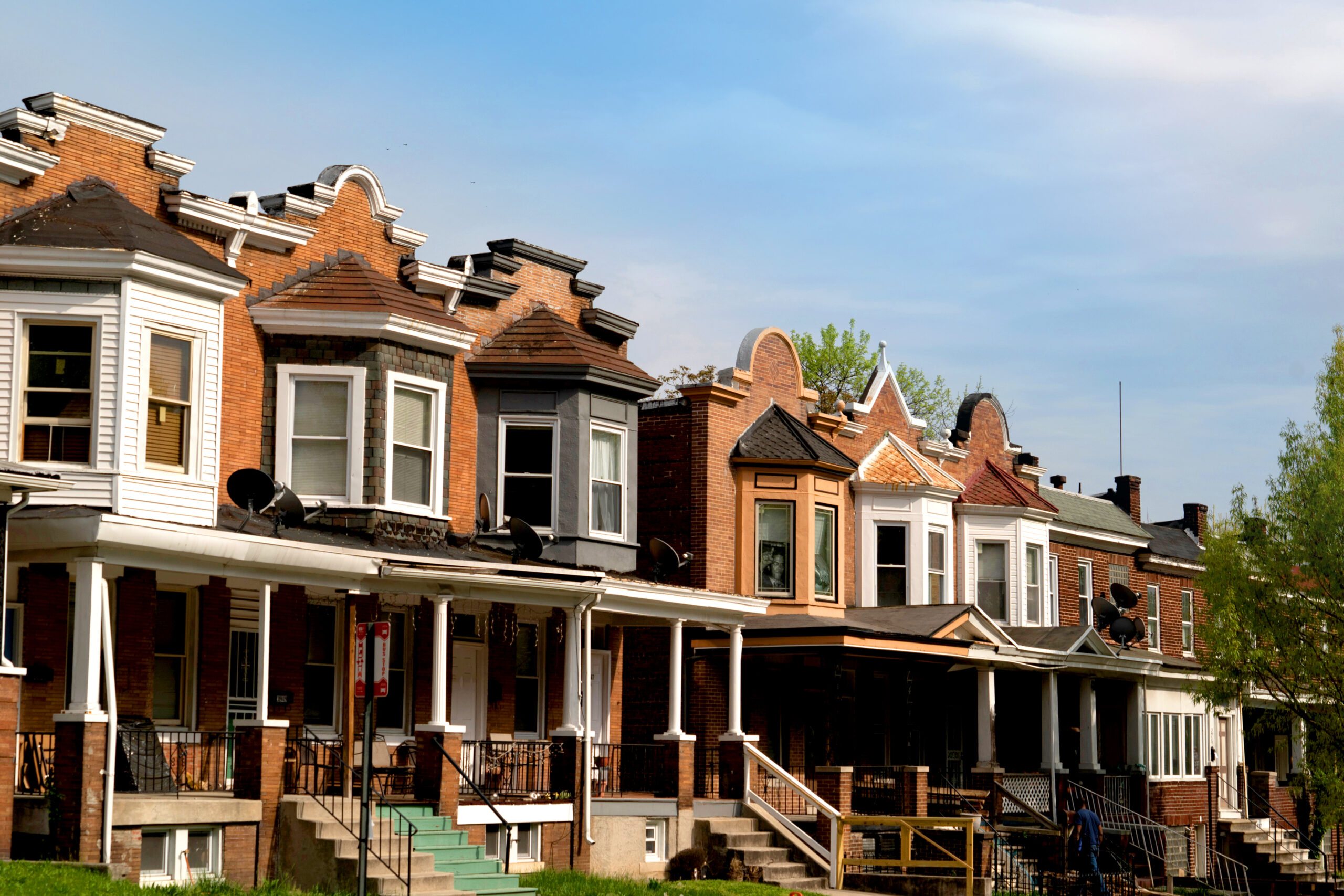Featured Reports


2024 Annual Report
A reflection on the promising new approaches and new resources that have been brought to bear in the last decade.
We believe that a community of creative problem-solvers, faced with complicated, seemingly intractable challenges, is well-served by thought-provoking, research-based information and analysis. We support the development and dissemination of research in two ways:
Abell Reports are commissioned reports by subject matter experts, academics, and investigative journalists that provide studies of selected issues on the public agenda.
These projects – undertaken with grant funding by academics and nonprofit research and advocacy organizations – advance learning on issues key to Baltimore City.
Sign up to get notified as new publications become available.


A reflection on the promising new approaches and new resources that have been brought to bear in the last decade.


Recent changes to state funding have reignited conversations among Maryland corrections leaders about expanding and strengthening electronic monitoring (EM) and pretrial services. This report summarizes key findings from the Justice Policy Institute’s research into EM as well as best practices.


Racial bias in home appraising can harm individuals by making home purchases more expensive or refinancing unattainable, but when compounded on the community level, it can have profound impacts on minority communities’ ability to build wealth. Using newly available federal data, this report finds evidence of systemic appraisal bias that undervalues homes in predominantly Black communities in Baltimore City and the surrounding counties.
B’more for Healthy Babies (BHB) is a multidisciplinary public health strategy to improve maternal and child health outcomes. BHB has made a significant difference in Baltimore City, cutting the racial disparity between Black and white infant deaths by more than half. This report explains what has made BHB so effective.
In 2022, Maryland established some of the most ambitious greenhouse gas reduction targets of any state. To help guide Maryland in meeting these goals, this report analyzes the potential of additional offshore wind development.
Our court system is a core component of enforcing environmental protections. But current Maryland law limits who has standing to sue to protect the environment. This report looks at steps the state can take to improve this system.
Baltimore City depends on nonprofits to provide services, particularly in Black and low-income communities. This Abell Report asks what causes the delays in the City’s contracting process with nonprofits and how can those delays be fixed?
The Rental Assistance Demonstration (RAD) is designed to preserve public housing and provide the funding necessary for long deferred capital improvements. Has the program achieved those objectives in Baltimore? This Abell Report offers some early assessments.
Header photo courtesy of Venture for America.